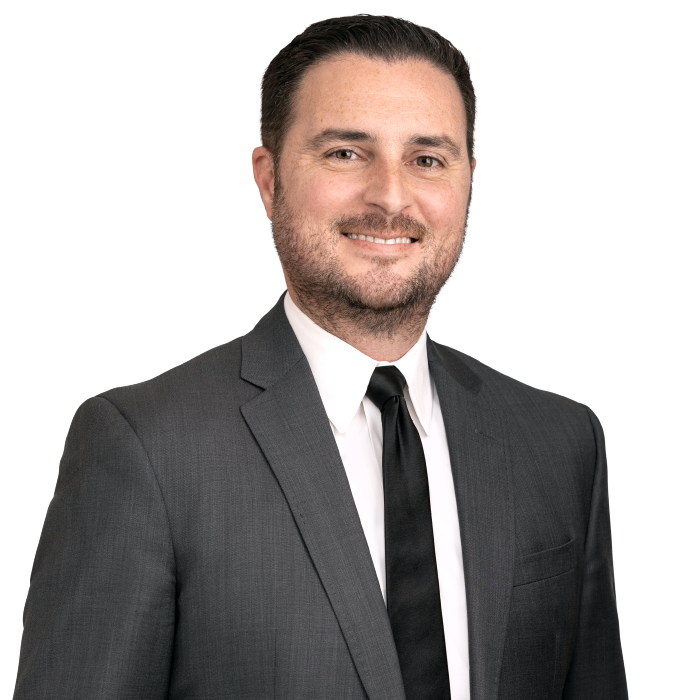
Independent Contractors & Consultants Can be Subject to Conflict of Interest Laws
California Supreme Court Sets New Precedent for GC Section 1090
In a watershed decision, the California Supreme Court held that independent contractors and consultants can be considered “employees” and subject to the conflict of interest provisions of Government Code 1090. This includes the criminal penalties mandated in section 1090, which prohibits personal financial interests in government contracts.
The People v. Superior Court (Sahlolbei) unanimous decision, handed down June 26, will require all public agencies to assess and re-assess the role and function of their independent contractors and consultants to determine whether they, either by definition under their contract or by reason of their functions, qualify as an “employee” under the statute. This will also have implications for listing these positions in the agency’s conflict of interest code and requiring the filing of Statements of Economic Interest (FPPC Form 700) by those individuals. Additionally, it will have a significant impact on the ability of these independent contractors and consultants to obtain “additional work” on projects under a contract in which they had a hand in “making,” such as furnishing a design or plan.
Hossain Sahlolbei was retained as a surgeon on an independent contractor basis by Palo Verde Hospital in Blythe, Calif., a public hospital district.1 In addition, he served as co-director of surgery and on the hospital’s medical executive committee, composed of members of the medical staff, which was independent of the hospital, but advised the board on operations and physician hiring. He also served as chief and assistant chief of staff with considerable influence over board decisions in those roles.
Sahlolbei recruited an anesthesiologist, Dr. Brad Barth, and negotiated a contract with Barth for Barth to receive $36,000 per month from the hospital and a one-time payment of $10,000 for relocation expenses. Sahlolbei pressured the board to approve the contract, but told the board the rate of pay was $48,000 per month, with a one-time payment of $40,000 for relocation expenses. It was alleged that Sahlolbei threatened to have the medical staff stop admitting patients if the board did not approve the contract. Sahlolbei convinced Barth to have all payments from the hospital deposited into Sahlolbei’s account and Sahlolbei then paid Barth the agreed upon $36,000 per month and $10,000 relocation payment and retained the balance.
The Riverside County District Attorney charged Sahlolbei with grand theft and violations of Government Code section 1090, which prohibits a government official, officer or employee from having a financial interest in a contract made by them in an official capacity. The trial court dismissed the section 1090 charges, finding that as an independent contractor, Sahlolbei was not an “employee” under the statute, applying the tort law definition of “employee.” The District Attorney’s office appealed and, in a 2-1 decision, the Fourth District Court of Appeal agreed with the trial court. Prosecutors then took the case to the California Supreme Court.
The Supreme Court held the term “employee” in section 1090 does not have the tort law definition, as it is used in the broadly construed and sweeping conflict statute, meant to prevent corruption and divided loyalties in connection with government contracts. Thus, the form of employment is irrelevant. Making new law, the Court held that the standard to determine whether an independent contractor or consultant qualifies as an “employee” under the statute is to look to see if “they have duties to engage in or advise on public contracting that they are expected to carry out on the government’s behalf.” And, to determine if they are involved in “making” a contract in their official capacity under the statute, one looks to whether “their position afforded them ‘the opportunity to influence execution [of the contracts] directly or indirectly to promote [their] personal interests’ and they exploit those opportunities.” Prior appellate decisions held that an independent contractor or consultant had to have had “considerable influence” over the contract formation and execution decisions of the public agency to come within the meaning of “employee” under the statute and to be considered to have participated in the “making” of the contract. The Supreme Court clearly lowered that standard.
The Court rejected the argument of the amicus curiae, California Medical Association, that physicians should be exempt from the sweep of section 1090 because of their unique relationship with public hospitals and because it would potentially interfere with their treatment of patients. The Court held that section 1090 requires only that a physician’s advice in contracting matters be independent from his or her own personal financial interests, not those of the patient.
If you have any questions about this decision or how it may impact your agency, please contact the authors of this Legal Alert listed to the right in the firm’s Municipal Law practice group, or your BB&K attorney.
Please feel free to share this Legal Alert or subscribe by clicking here. Follow us on Facebook @BestBestKrieger and on Twitter @BBKlaw.
Disclaimer: BB&K Legal Alerts are not intended as legal advice. Additional facts or future developments may affect subjects contained herein. Seek the advice of an attorney before acting or relying upon any information in this communiqué.
1 BB&K represented the hospital district at this time and assembled and presented to the Riverside District Attorney’s Office the documents and information which ultimately led to the criminal charges filed against Sahlolbei.



